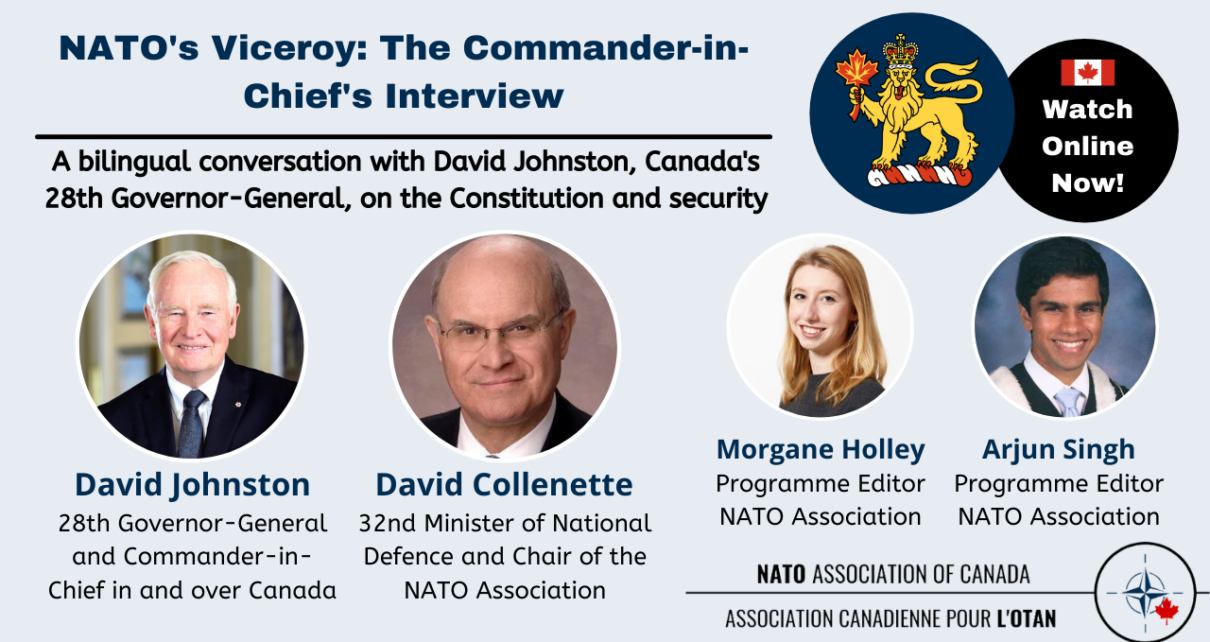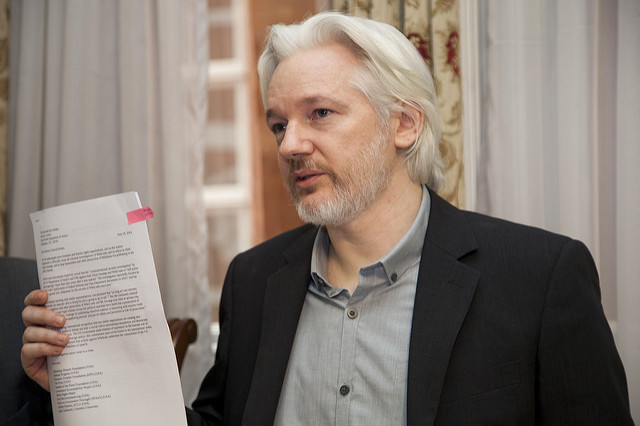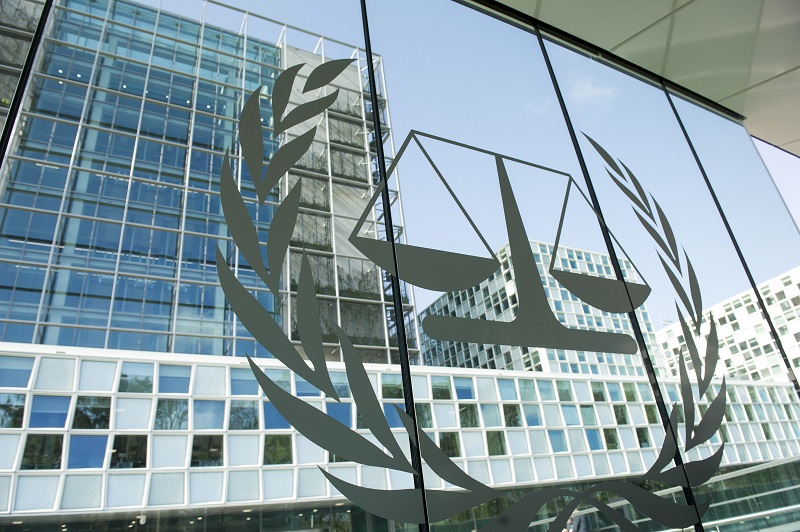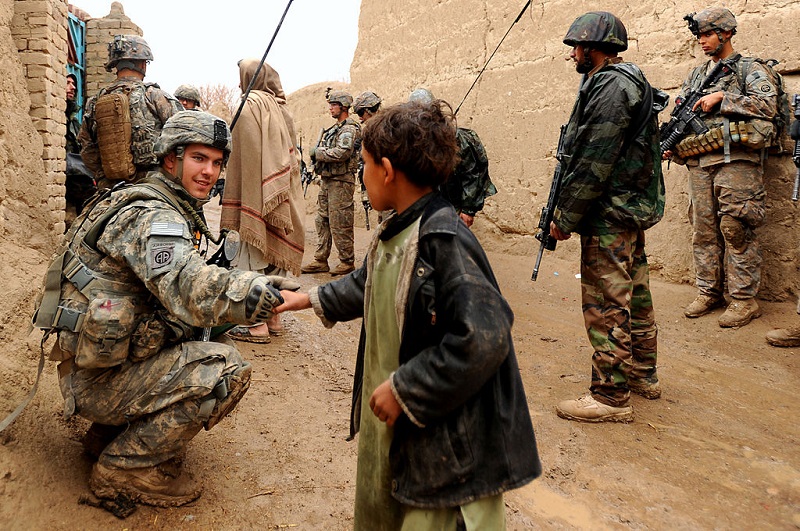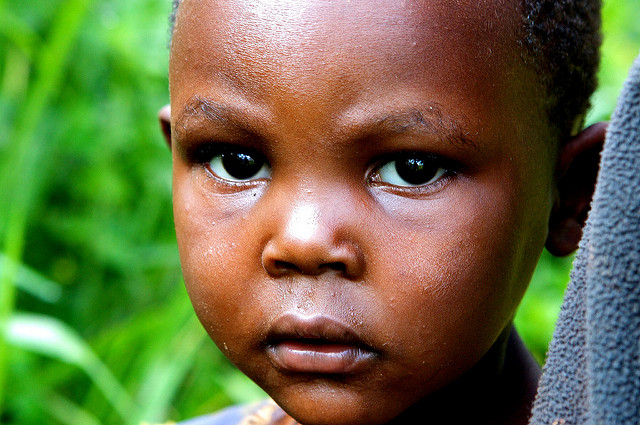A bilingual discussion on the Constitution, national security and foreign policy with The Rt. Hon. David Johnston, the 28th Governor-General and Commander-in-Chief in and over Canada.
Lex et Orbis
Lex et Orbis is a column concerned with use of the law as a tool for strengthening free institutions. It seeks to bring about a better understanding of the legal principles that apply to international and domestic issues. This program delivers thoughtful, balanced, and persuasive articles that are accessible to people without a legal background.
Locke’s Argument for Extra-Legal Prerogatives in a Modern Legal Constitutional Framework
This essay inquires whether John Locke’s stands on prerogatives still applicable in the liberal constitutional democracy. First, the essay analyzes how prerogatives work in a modern liberal constitutional framework. Second, it argues whether there is a need for an extra-legal prerogative in a modern liberal constitutional democracy. Locke argues that the deficit within the legislature is the Read More…
What is the standing of ISIS under international law?: Examining the Islamic State’s locus of political authority
Janakan Muthukumar discusses the standing of ISIS under international law by examining the ISIS’s locus of political authority.
Why We Have to Intervene After Chemical Attacks
The world may never agree on chemical weapons attacks. Buzz Lanthier-Rogers explains why that cannot, and does not, stop us from acting.
The Trump Administration’s Complicated Volte-Face on Julian Assange
Nick Raffey discusses the reasons behind the Trump administration’s recent attempt to prosecute Assange and the legal hurddles involved.
Afrexit: Withdrawal from the International Criminal Court
Demyan Plakhov investigates the ramifications of African nations wanting to withdraw from the ICC.
Victory by any means necessary? Part II: Challenges and non-state actors
What are the challenges associated with upholding the rules of war in armed conflicts? Sabrina Natale analyzes Canada’s role in combatting illegal war tactics and upholding the rules of war, and what roles non-state actors play in addressing contemporary war crimes.
Victory by any means? Part 1: Rules of War & Humanitarian Law
In times of war and armed conflicts, what are the legal and ethical standards that must be upheld to ensure the dignity and human rights of all peoples? In Part 1 of this article, Sabrina Natale provides an analysis into the ICRC rules of war and International Humanitarian Law.
The Trial of Dominic Ongwen: When is a Child Soldier not a Child?
When is a child soldier no longer a child? Farah Bogani explores the complexities of agency and what it means to achieve justice from former-child-soldier-turned-LRA-commander Dominic Ongwen’s trial at the ICC.
Why the ICC cannot Prosecute ISIS
Claudia Nieroda discusses the International Criminal Court’s lack of power behind prosecuting ISIS.

